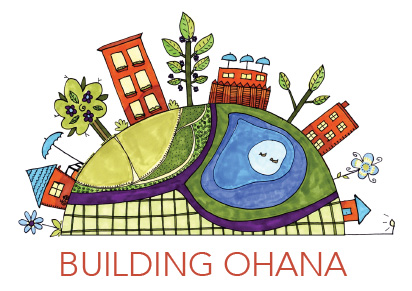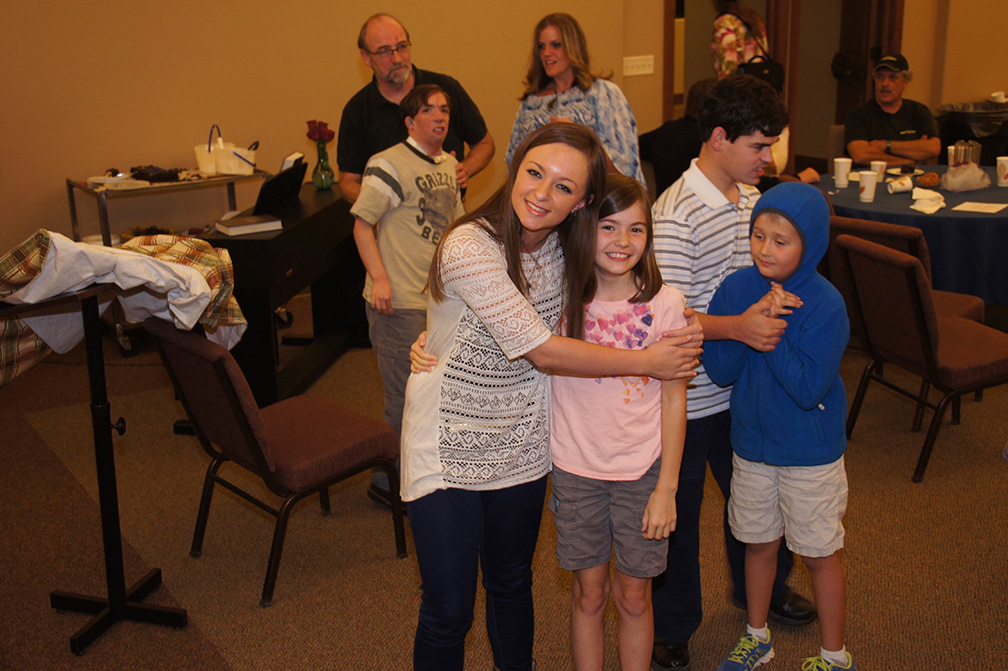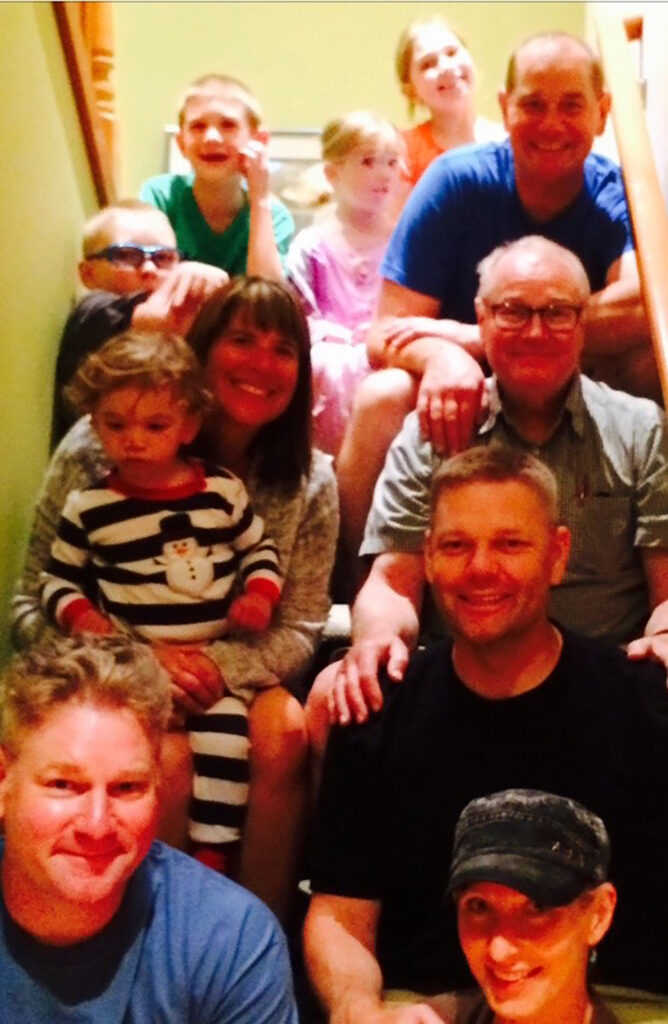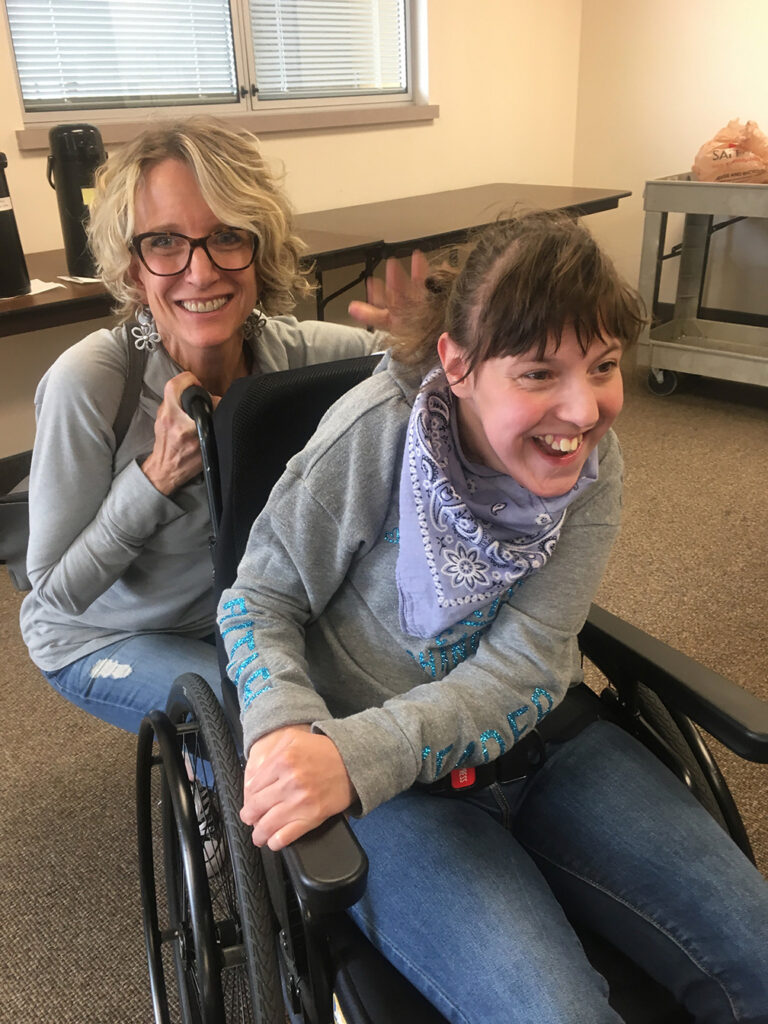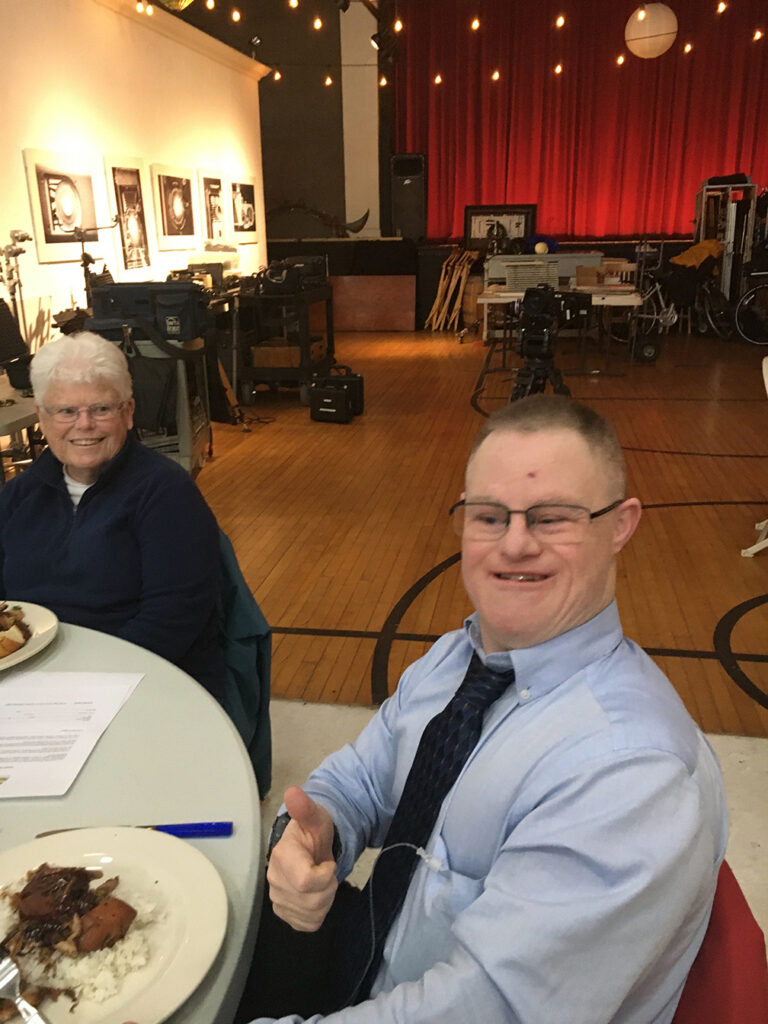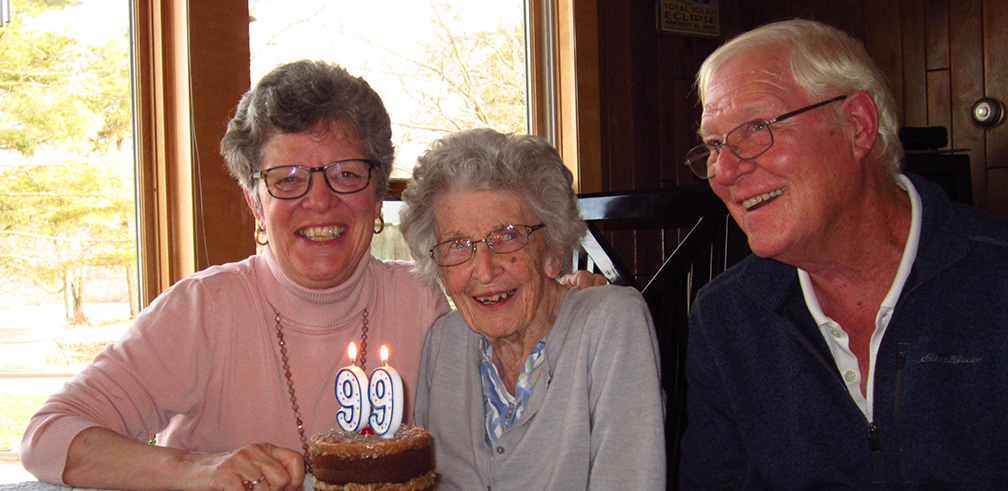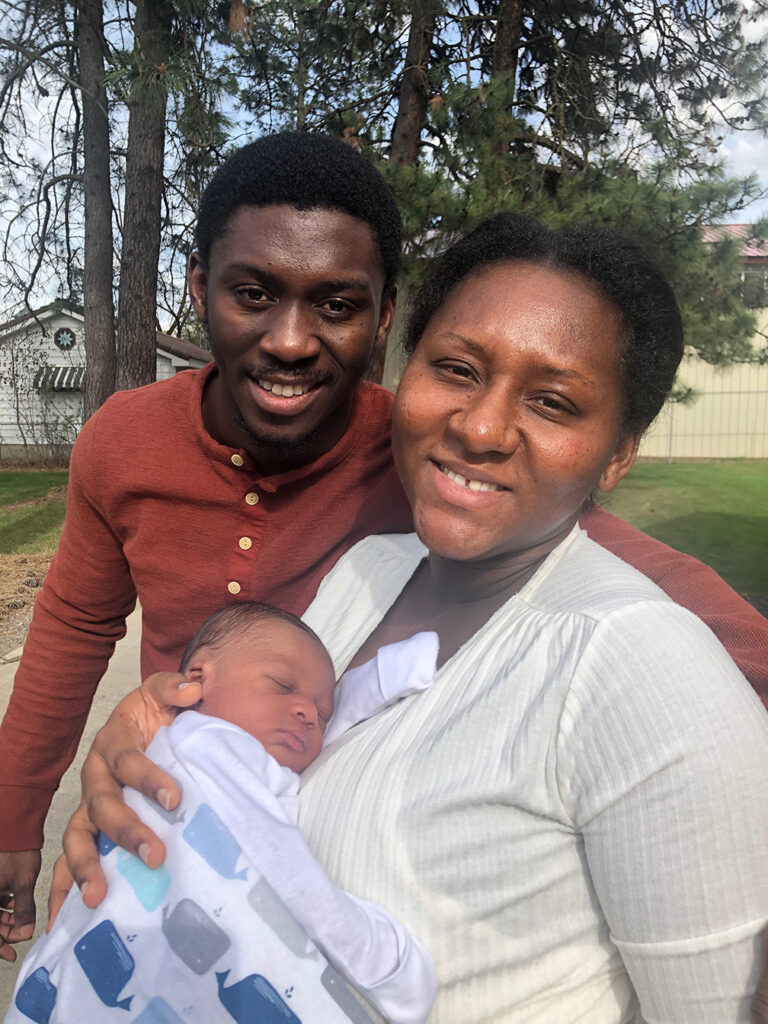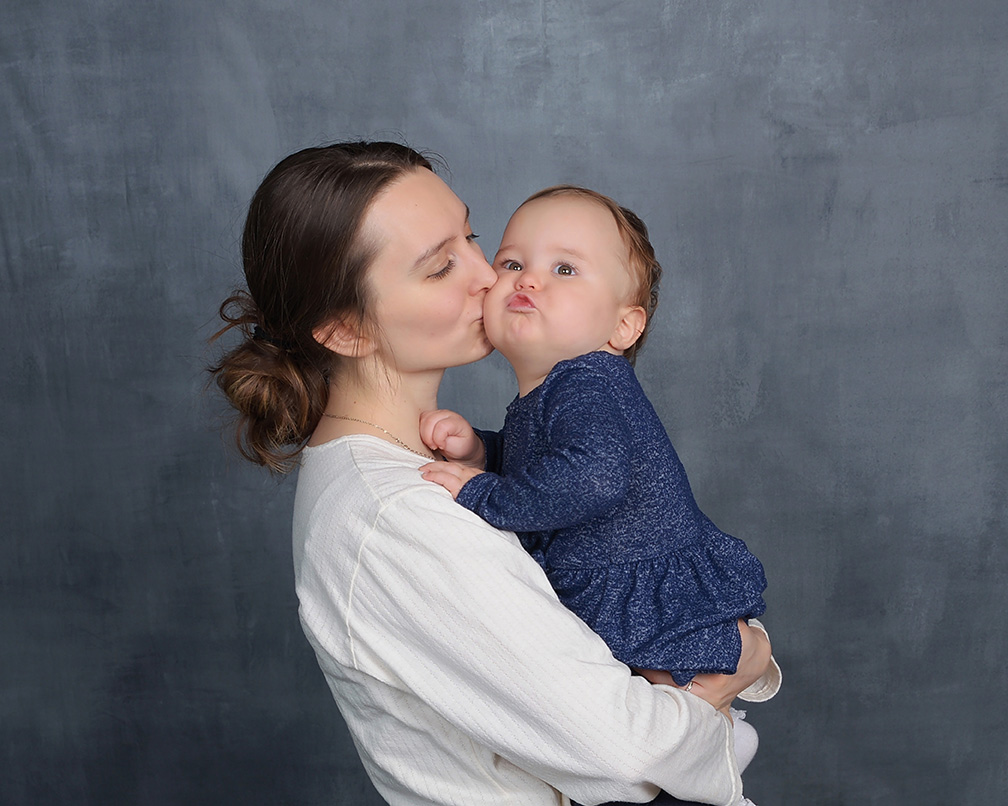Home Ownership
A cooperative is defined as any autonomous association of persons united voluntarily to meet their common economic, social and cultural needs and aspirations through a jointly owned and democratically controlled enterprise. You’ve probably shopped at a co-op grocery store or visited a cooperative farm or bank…
BUILDING OHANA is currently exploring a Cooperative Home Ownership model to maximize our vision of a diverse and inclusive intentional neighboring community where people of all ages, abilities, incomes and backgrounds can find appropriate, attainable, and affordable permanent housing in the neighborhood of their choice.
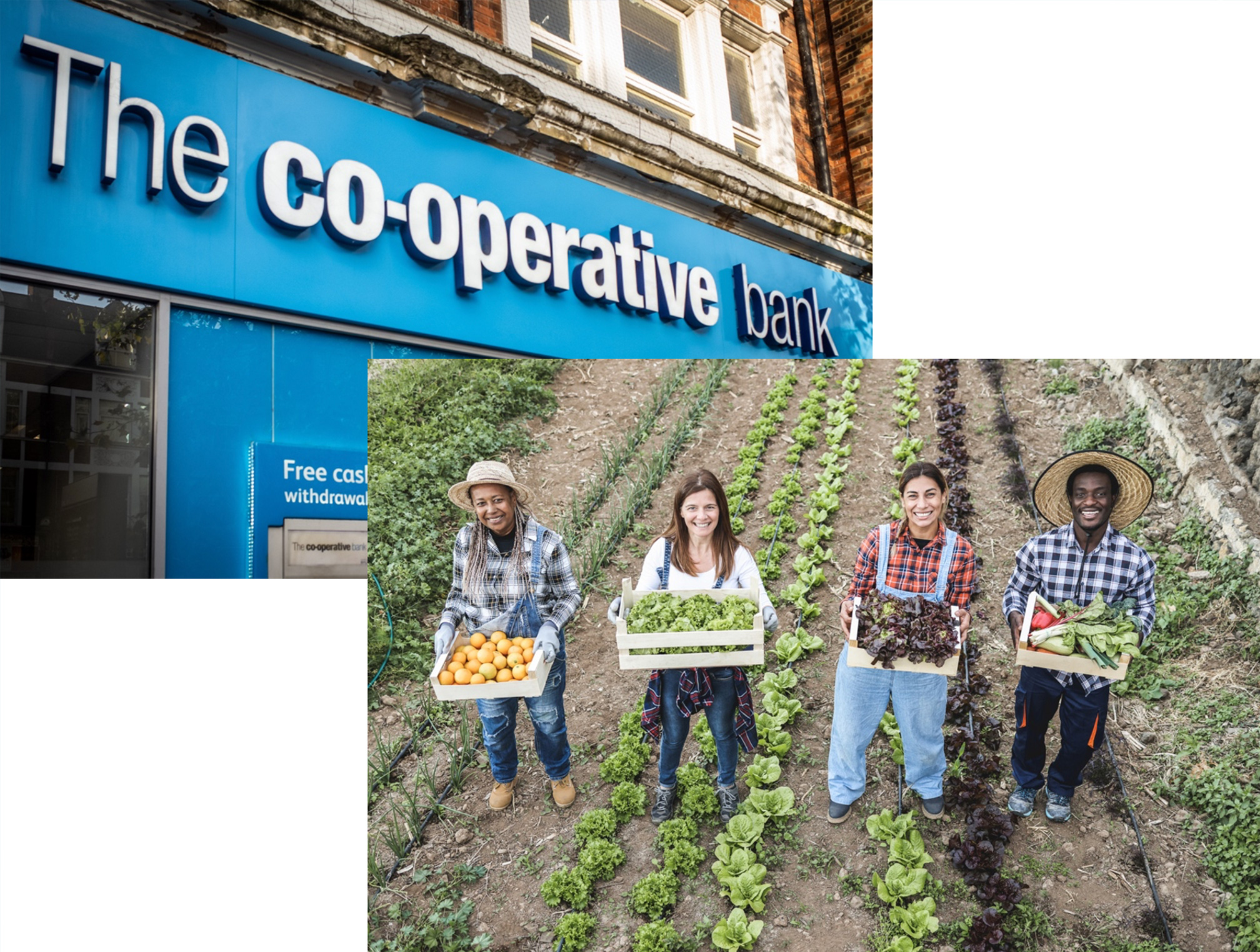
What is Cooperative Home Ownership?
The model is one in which a self-governing group of residents own a share of the overall community. Each share is attached to a proprietary lease to occupy a specific home. In addition to the home, the share gives each resident ownership in the common house, the shared open space and the common amenities.
How Are Homes Purchased in a Cooperative?
Shares in the cooperative are purchased with a down payment at the outset. Each share allows occupancy of a particular home, and the down payment will differ based on the value of each home. Following occupancy, a monthly membership fee is assessed each homeowner to cover the members’ proportionate share of the annual loan payments, as well as maintenance costs and reserves.
How Are Decisions Made in a Cooperative?
Cooperatives are essentially a nonprofit corporation democratically managed by the residents. Each homeowner has the right to one vote, allowing the community to control their own costs and to determine the values of the community and integrate those values into the operation and maintenance of the buildings and the neighborhood.
What is Cooperative Home Ownership?
The model is one in which a self-governing group of residents own a share of the overall community. Each share is attached to a proprietary lease to occupy a specific home. In addition to the home, the share gives each resident ownership in the common house, the shared open space and the common amenities.
How Are Homes Purchased in a Cooperative?
Shares in the cooperative are purchased with a down payment at the outset. Each share allows occupancy of a particular home, and the down payment will differ based on the value of each home. Following occupancy, a monthly membership fee is assessed each homeowner to cover the members proportionate share of the annual loan payments, as well as maintenance costs and reserves.
How Are Decisions Made in a Cooperative?
Cooperatives are essentially a nonprofit corporation democratically managed by the residents. Each homeowner has the right to one vote, allowing the community to control their own costs and to determine the values of the community and integrate those values into the operation and maintenance of the buildings and the neighborhood.
What are the Financial Benefits of a Cooperative?
Cooperatives can offer the benefits of homeownership at a much lower origination cost, as well as lower monthly costs of living in and maintaining a home. Some of the ways cooperatives lower costs for homeowners include:
Lower down payments.
Residents purchase a share of the cooperative, which can be subsidized by a capital campaign to ensure housing is accessible to all who wish to live in this intentional community.
Low Closing Costs.
Closing costs are low when purchasing a home in a cooperative, since the transfer of shares is a personal property transaction and does not involve the typical closing costs of a real estate purchase.
No Mortgage Required
A mortgage isn’t required of each homeowner, since the cooperative pays for a loan for the entire property. The cooperative loan payments are generally lower than typical mortgage payments since they are based on a low interest, 40-year amortized cooperative loan from HUD.
Low cost of ownership.
Monthly fees include property taxes, maintenance and reserve funds and can be kept low due to economies of scale. Monthly membership fees cover maintenance of each home so homeowners will not encounter unexpected home maintenance costs like roof replacement or painting in the long-term.
The benefits of homeownership.
Although limited, members can earn equity on their units over time, recoverable upon sale of the share. In addition, cooperative members are considered homeowners and can deduct their share of the real estate taxes and mortgage interest.
FINANCIAL and SOCIAL ALIGNMENT to create a lasting community
The OHANA vision is not just a nice idea but an integrated neighborhood model for the future. Achieving this vision means aligning all aspects of our project for long-term sustainability, making sure that personal investment and a strong community identity are reflected in both the environment and the lives we build together.
Why a Cooperative for OHANA?
Housing Cooperatives are a well-established and proven ownership structure in the United States and elsewhere and can be applied to a number of different project types, from multifamily buildings to single family neighborhoods like the one envisioned for OHANA. A cooperative housing structure is aligned with the vision and goals of OHANA in the following ways:
Building Personal and Generational Wealth
Cooperatives offer an affordable home ownership model allowing residents to accumulate personal wealth through equity as well as mortgage interest deductions.
Ensuring Long-term Affordability and Value
Cooperatives allow a limited-equity model, maintaining affordability over time. As the cooperative board has a fiduciary responsibility to maintain the value of the homes over time, the homes and the community facilities, including the common house and landscaping are well-maintained over time.
Building Social Capital
Cooperatives contribute to the growth of social capital in a neighborhood. As an autonomous, democratic organization controlled by its members, a cooperative naturally builds community.

